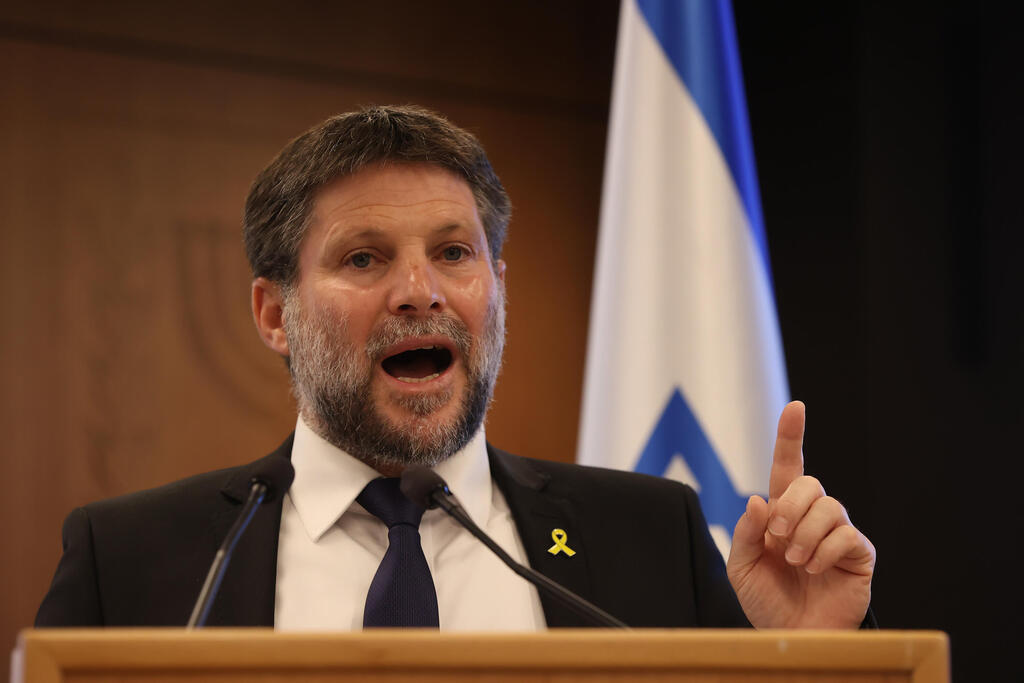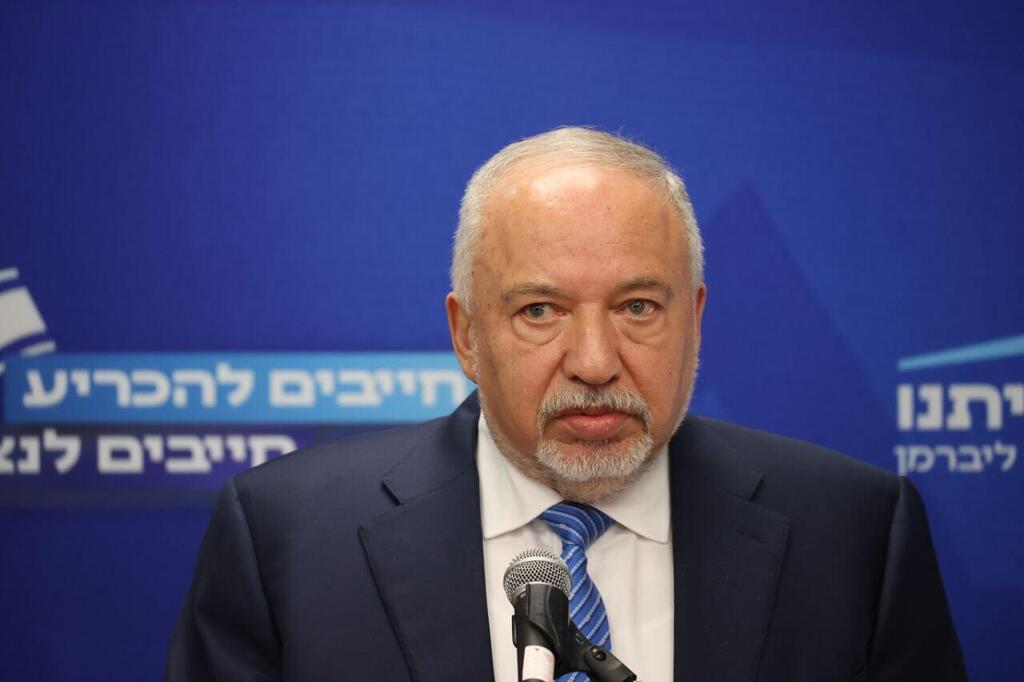Getting your Trinity Audio player ready...
The IDF Operations and Intelligence Directorates have developed a contingency plan for a decisive response to cease-fire violations by Hezbollah, security officials said after the terrorist group fired two mortar rounds at Mount Dov on Monday evening, its first such attack since the cease-fire took effect last week.
The officials said the decision to act now rests with Prime Minister Benjamin Netanyahu and Defense Minister Israel Katz. “Failing to respond forcefully to the first violation will drag us into a war of attrition,” warned a senior IDF official involved in the planning.
3 View gallery


IDF forces operating in southern Lebanon prior to the cease-fire taking effect
(Photo: IDF)
Hezbollah claimed responsibility for the attack, describing it as a “defensive warning.” In a statement, the group accused Israel of multiple cease-fire breaches, including airstrikes, attacks on civilians and violations of Lebanese airspace.
Hezbollah said it fired at an IDF outpost on Mount Dov after failing to halt Israeli actions through other means. The attack, described as “symbolic,” is seen as an attempt to signal readiness to retaliate for Israeli enforcement operations in southern Lebanon.
Prime Minister Benjamin Netanyahu called the attack a "serious violation of the cease-fire" and vowed a strong response. "We are determined to continue enforcing the cease-fire and to respond to every Hezbollah violation, no matter how minor or severe," Netanyahu said in a statement.
Defense Minister Katz voiced a similar threat. “We promised to act against any Hezbollah violations of the cease-fire, and that is exactly what we will do. What was will no longer be,” he said.
Finance Minister Bezalel Smotrich echoed the call for a strong retaliation, urging a strike that would “make Hezbollah understand that the equation has changed.”
IDF Chief of Staff Lt. Gen. Herzi Halevi warned that the military would "respond forcefully" to the attack. "We have plans and objectives ready to execute at any moment," he said during a visit to the Lebanon border with Northern Command officers and division commanders.
Opposition leaders criticized the fragile cease-fire, with Yisrael Beitenu Chairman Avigdor Liberman calling it a “conceptual failure.”
“Enough with the illusion. When the Israeli government realized that no agreements can be made with terrorists, only then will the State of Israel restore deterrence and security for its citizens,” he wrote on X. “We must not wait until this costs us in blood.”
Meanwhile, a parliamentary source in Hezbollah told the Qatari newspaper The New Arab that the attack was “initial” and aimed to address Israel’s alleged violations. “Hezbollah does not intend to return to the pre-cease-fire situation but will not stand idle while Israel breaches the agreement,” the source said. He added that Hezbollah had documented over 54 violations since the cease-fire began and criticized Israel’s claims as “false.”
Get the Ynetnews app on your smartphone: Google Play: https://bit.ly/4eJ37pE | Apple App Store: https://bit.ly/3ZL7iNv
The attacks came amid accusations from France and the United States that Israel has violated the cease-fire. Foreign Minister Gideon Sa’ar dismissed these claims, saying, “Israel enforces the agreement in response to Hezbollah violations, which require immediate action.”
Sa’ar cited incidents such as armed Hezbollah operatives being spotted in southern Lebanon and attempts to transfer weapons as examples of violations demanding swift Israeli responses.
Mount Dov, historically a flashpoint due to its lack of a defined border fence and civilian presence, remains a focal point for tensions between Hezbollah and the IDF.




